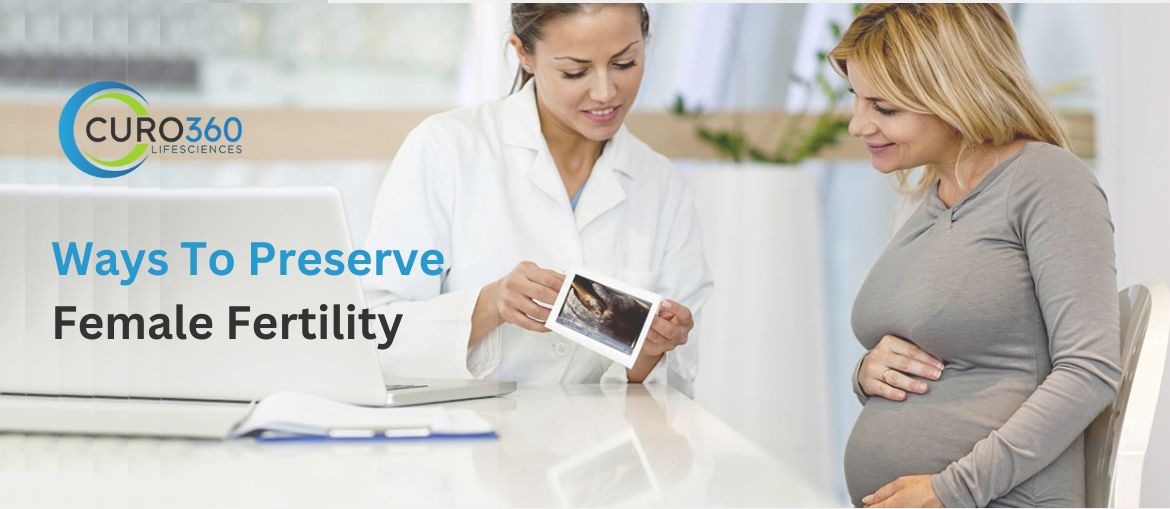
Fertility is an important part of women’s reproductive health and is influenced by many factors such as age, lifestyle, and medical conditions. While fertility naturally declines with age, there are many steps that women can take to preserve their fertility and can conceive in later years of their life. No matter if you are planning to start a family in the future or just want to keep your options open, it is very important to take proper steps to preserve your fertility.
What is Female Fertility?
Female fertility is determined by the health and quantity of eggs women have. Women are born with a finite number of eggs that are 1 to 2 million. When women hit puberty, it reaches a level that is around 300,000, and in a similar way, the quality and quantity of eggs keep on declining. In addition to age, lifestyle changes, hormones, and medical conditions, etc can influence fertility. When women know well about their fertility and ways to preserve it, then they can easily make the right choices.
Some of the Ways to Preserve Female Fertility
- A balanced and healthy lifestyle is essential for preserving fertility. Poor diet and lack of exercise can lead to a misbalance in the hormones, and this negatively affects the ovulation. A diet that is rich in fruits, vegetables, whole grains, lean proteins, etc can protect your eggs from oxidative stress. Also, regular exercise should be done in order to maintain a healthy weight.
- You should understand your menstrual cycle, as this plays an important role in preserving fertility. When ovulation is tracked, women can identify potential hormonal irregularities, and this can impact fertility. Apps such as ovulation kits can be used to track the ovulation cycle, and this also helps you understand your fertile window.
- There are many fertility preservation techniques that are currently available that offer women the opportunity to extend their fertility options. Freezing eggs is one of the popular choices for women who want to delay childbirth due to medical and personal conditions. Freezing involves harvesting eggs, freezing them, and storing them for future use.
- Certain medical conditions, such as PCOS and diabetes, can have an impact on fertility. Early diagnosis and treatment can help preserve fertility. Women should opt for regular checkups to monitor their health. If you have a history of fertility disorders, then you should consult a fertility specialist for more personalized advice.
- Stress also has an impact on the reproductive health of women. High stress level reduces fertility over time. Make sure that you practice stress reduction techniques, such as yoga, meditation, etc. Women should also engage in hobbies and activities that they find relaxing and enjoyable.
- While moderate caffeine consumption is safe, excessive coffee consumption can have a negative impact on fertility. Research suggests that drinking more than 2-3 cups of coffee can reduce the chances of conception. Limit caffeine intake to 1-2 cups per day. Instead of it, you should go for herbal options and beverages that have no caffeine.
When Should You Get Help?
If you are trying to conceive for six months to one year and you are over 35 years old, then it’s time to seek help from a fertility specialist. In addition to that, if you have irregular periods, a history of miscarriages, and other health conditions, you should consult this with your doctor so that conditions do not get worse.
To know more about female fertility and ways to preserve it, you can reach out to our team for more assistance.
